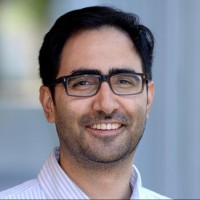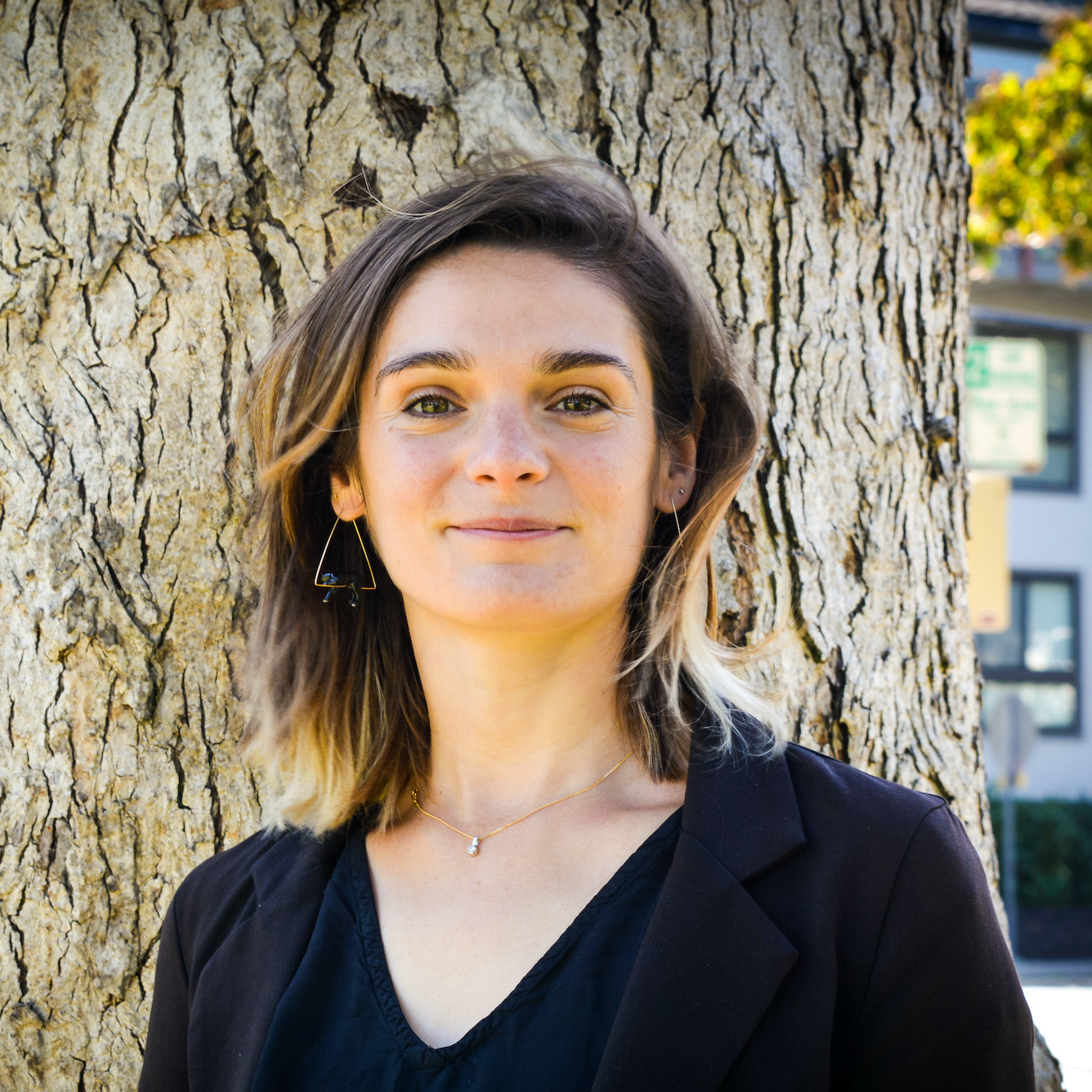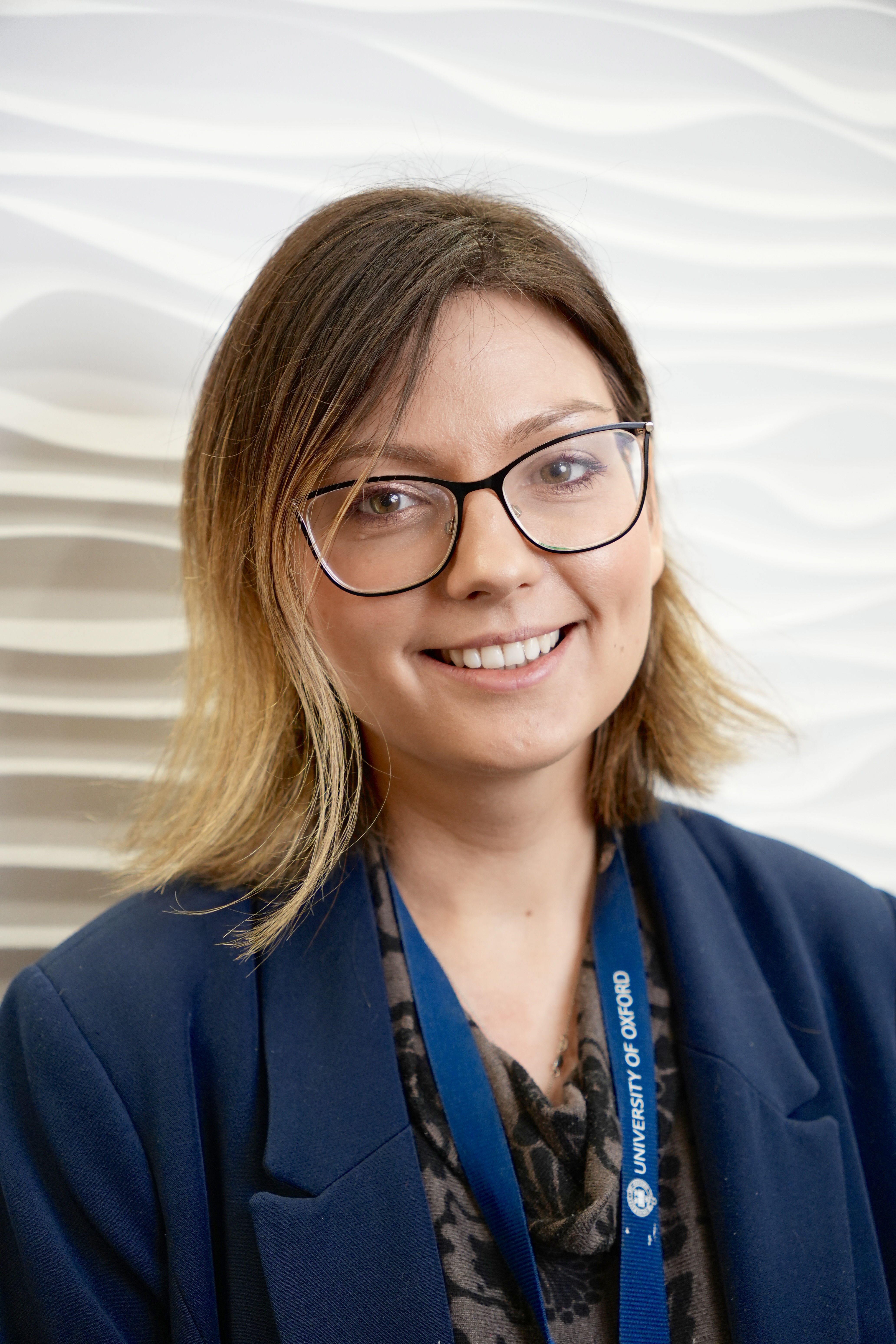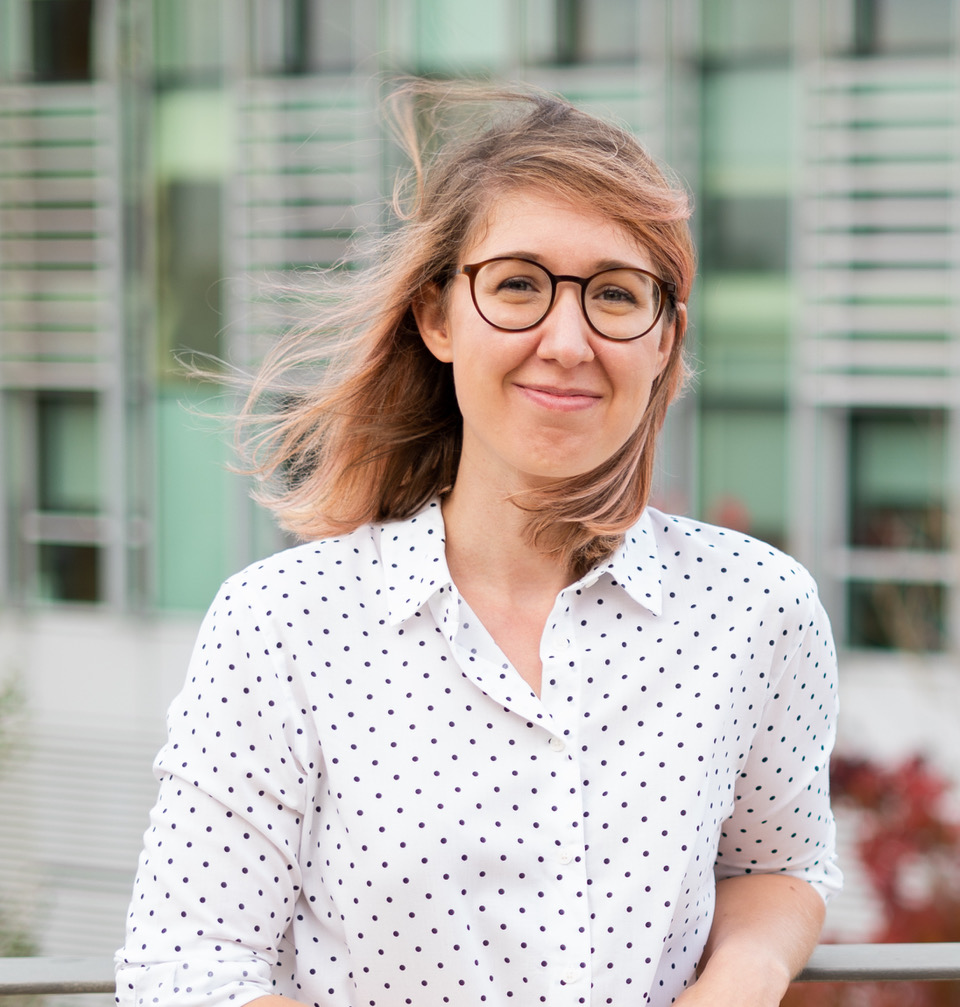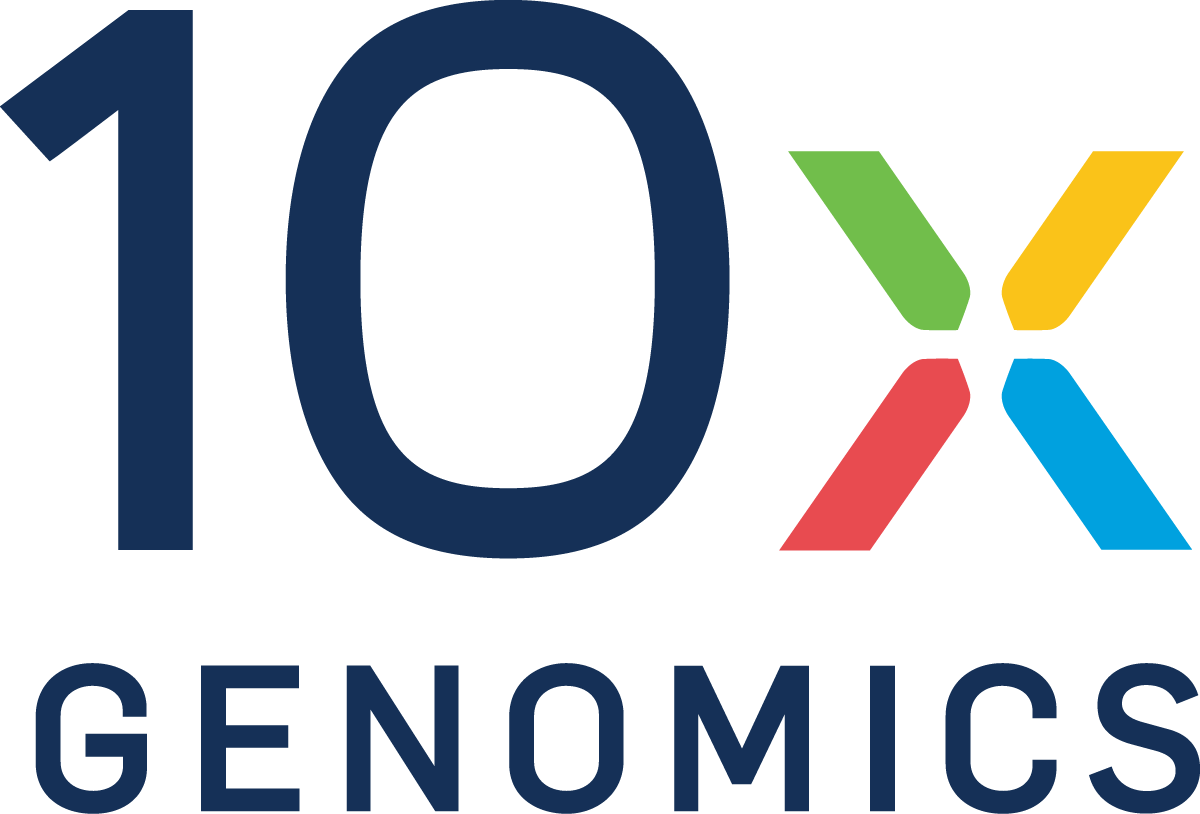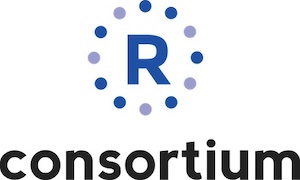Security Advisory: Please be aware of potential fraudulent emails regarding accommodation bookings. Verify any suspicious emails by contacting us at eurobioc@bioconductor.org. More details here.
European Bioconductor Conference, September 4-6, 2024
Where Software and Biology Connect
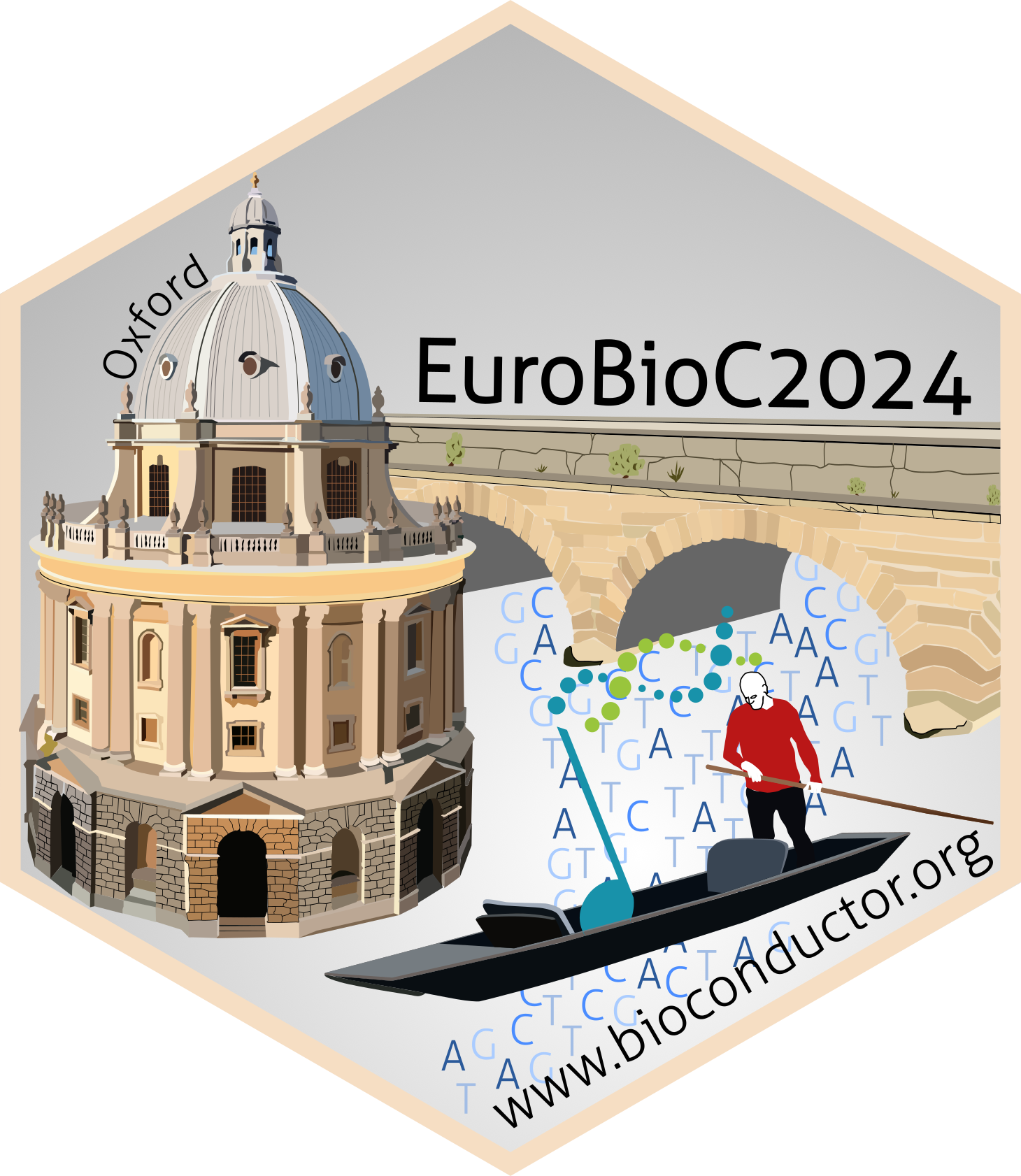
European Bioconductor Conference, September 4-6, 2024
Current developments within and beyond the Bioconductor project
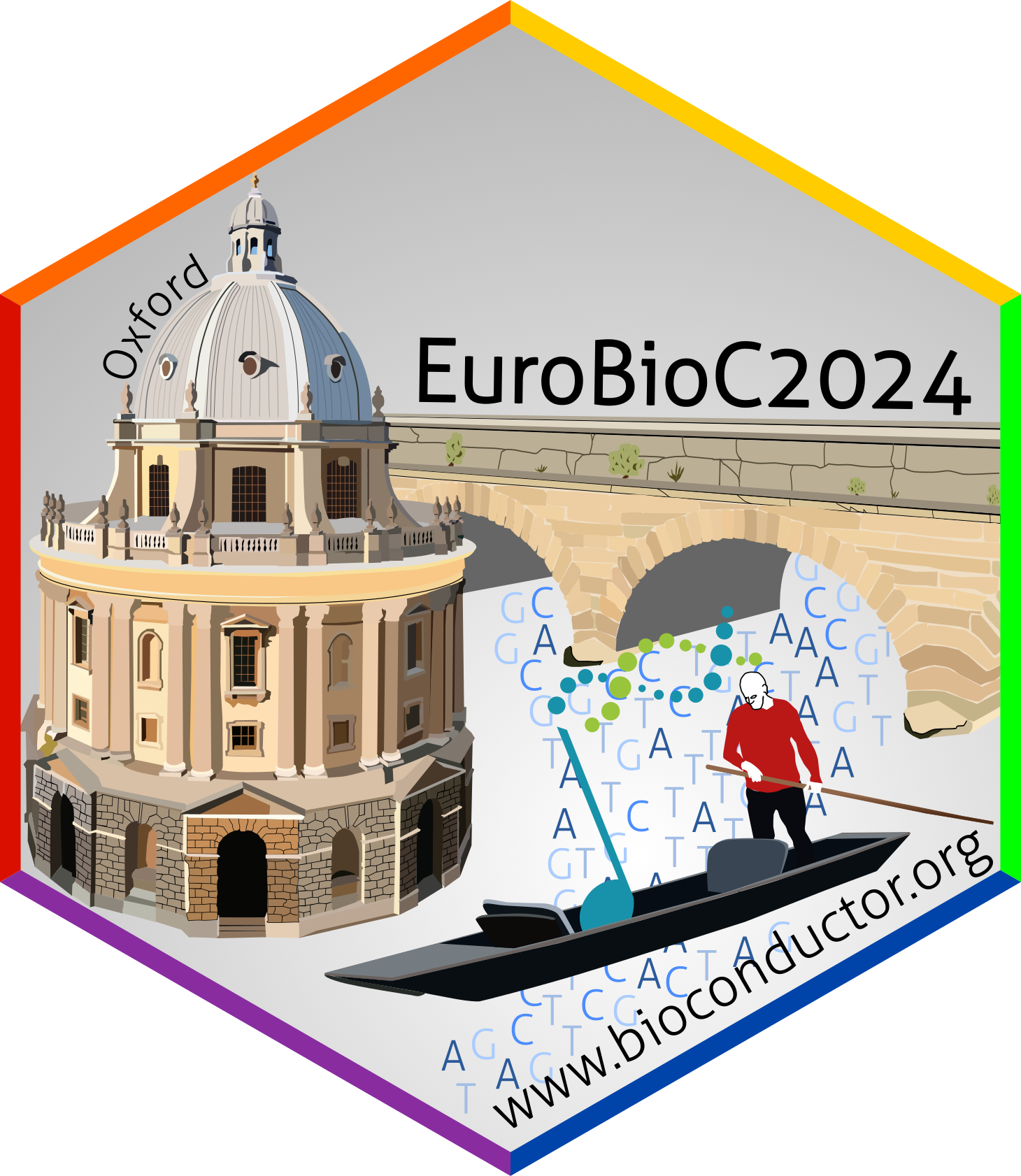
European Bioconductor Conference, September 4-6, 2024
Workshops, invited speakers, and more
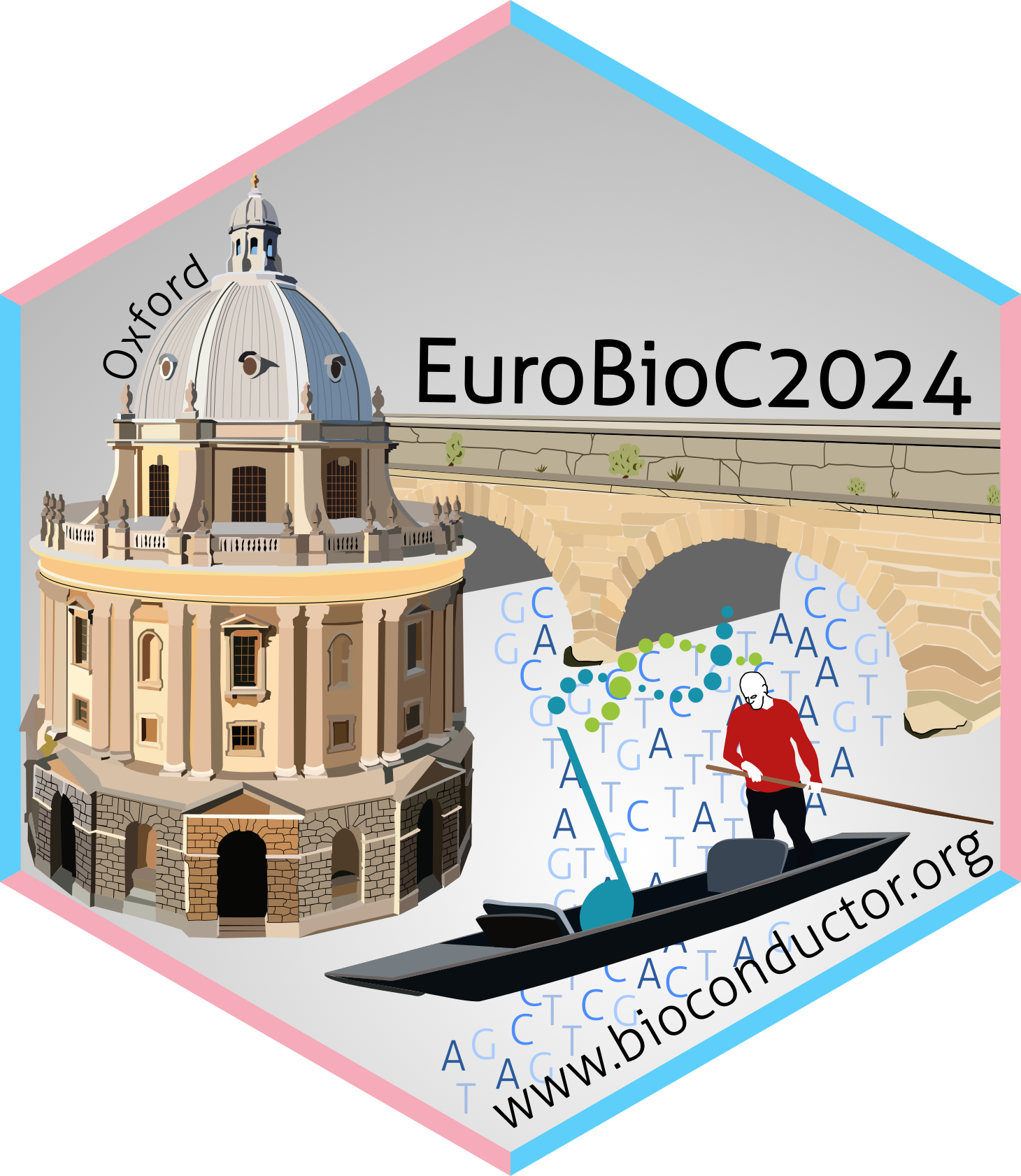
The EuroBioC2024 conference will take place in Oxford, United Kingdom, on September 4-6, 2024.
Venue: Department of Statistics, University of Oxford, 24-29 St Giles, Oxford, United Kingdom. Lower ground floor conference suite.
Carpentries workshops will take place at the same venue on September 2-3, 2024, subject to a separate registration process.
Flashtalk submissions welcome - more information here
Mark your calendar |
Bioconductor Mastodon feed |
|---|---|
|


